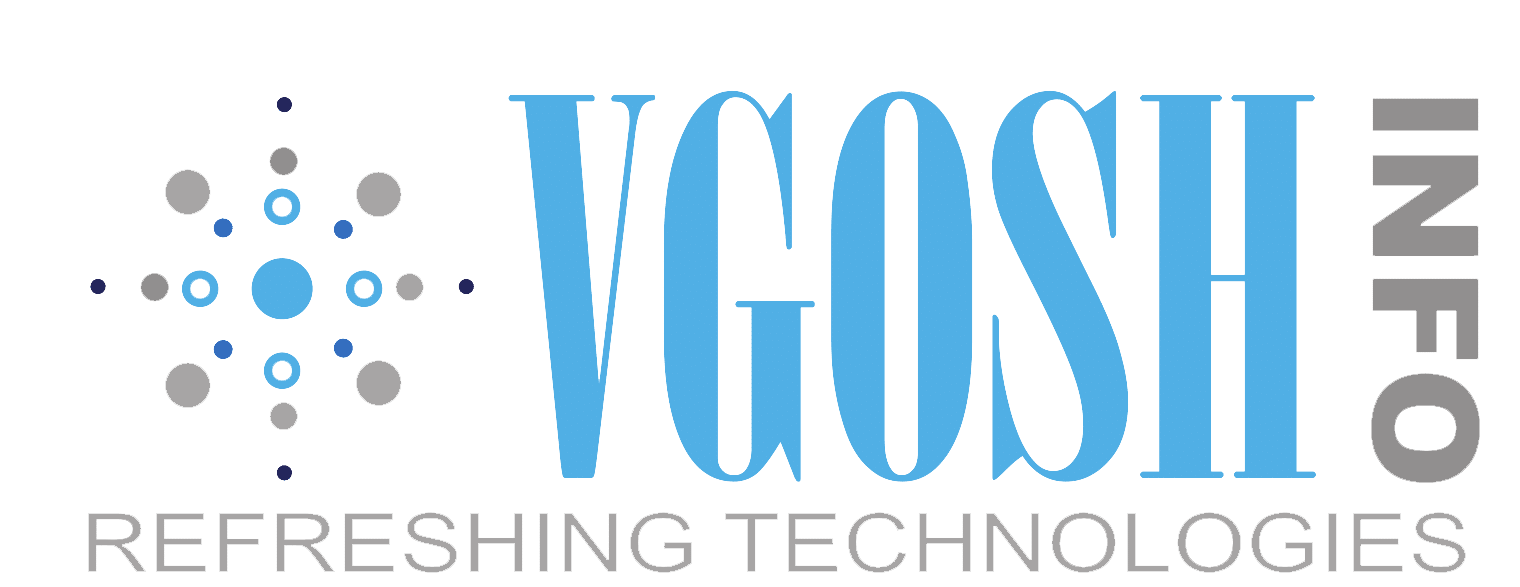Data Security for Church Apps: Protecting Sensitive Information
Church apps are a valuable tool for churches of all sizes. They can help churches to reach and engage their congregations, build community, and support ministry. However, church apps also collect sensitive data, such as names, addresses, phone numbers, email addresses, and even financial information.
This data is valuable to cybercriminals, so churches need to take steps to protect it.
How church apps collect and use data
Church apps collect data in a variety of ways. For example, users may be required to provide personal information when they create an account or sign up for a church event. Church apps may also collect data about how users interact with the app, such as what sermons they watch or what events they register for.
Churches use this data for a variety of purposes, such as:
- Communicating with members: Churches can use data to communicate with members about upcoming events, changes in service times, and other important information.
- Personalizing the worship experience: Churches can use data to personalize the worship experience for members, such as by recommending sermons or music based on their interests.
- Supporting ministry: Churches can use data to support ministry efforts, such as by tracking attendance at Bible studies or identifying members who need help.
Data security risks for church apps
Church apps face several data security risks, including:
- Cyberattacks: Cybercriminals may target church apps to steal sensitive data, such as financial information or personal information that can be used for identity theft.
- Data breaches: Data breaches can occur when hackers gain unauthorized access to a church’s database. This can expose sensitive data to cybercriminals.
- Human error: Human error can also lead to data security breaches. For example, an employee may accidentally send an email with sensitive data attached to the wrong person.
How to protect data security in church apps
Churches can take several steps to protect data security in church apps, including:
- Use strong encryption: Encryption scrambles data so that it cannot be read without the proper decryption key. Churches should use strong encryption to protect data at rest and in transit.
- Implement user authentication and access control: Churches should implement user authentication and access control to restrict who can access and modify data in the church app. This can be done by using user accounts, passwords, and roles.
- Regularly audit data access: Churches should regularly audit data access to identify and investigate security breaches. This can be done by tracking who accessed what data and when.
- Back up data regularly: Churches should back up their data regularly so that they can restore it in the event of a security breach or other disaster.
Best practices for church members
Church members can also help to protect data security by following these best practices:
- Use strong passwords: Church members should use strong passwords for their church app accounts. Passwords should be at least 12 characters long and include a mix of upper and lowercase letters, numbers, and symbols.
- Be careful about what information they share: Church members should be careful about what information they share in the church app. They should avoid sharing sensitive information, such as financial information or personal information that can be used for identity theft.
- Be aware of phishing emails: Phishing emails are fraudulent emails that attempt to trick people into revealing sensitive information or clicking on malicious links. Church members should be aware of phishing emails and avoid clicking on links or opening attachments in emails from unknown senders.
Data security is important for all organizations, including churches. Church apps collect sensitive data, so churches need to take steps to protect this data. By following the tips above, churches can help to protect their data and the privacy of their members.




